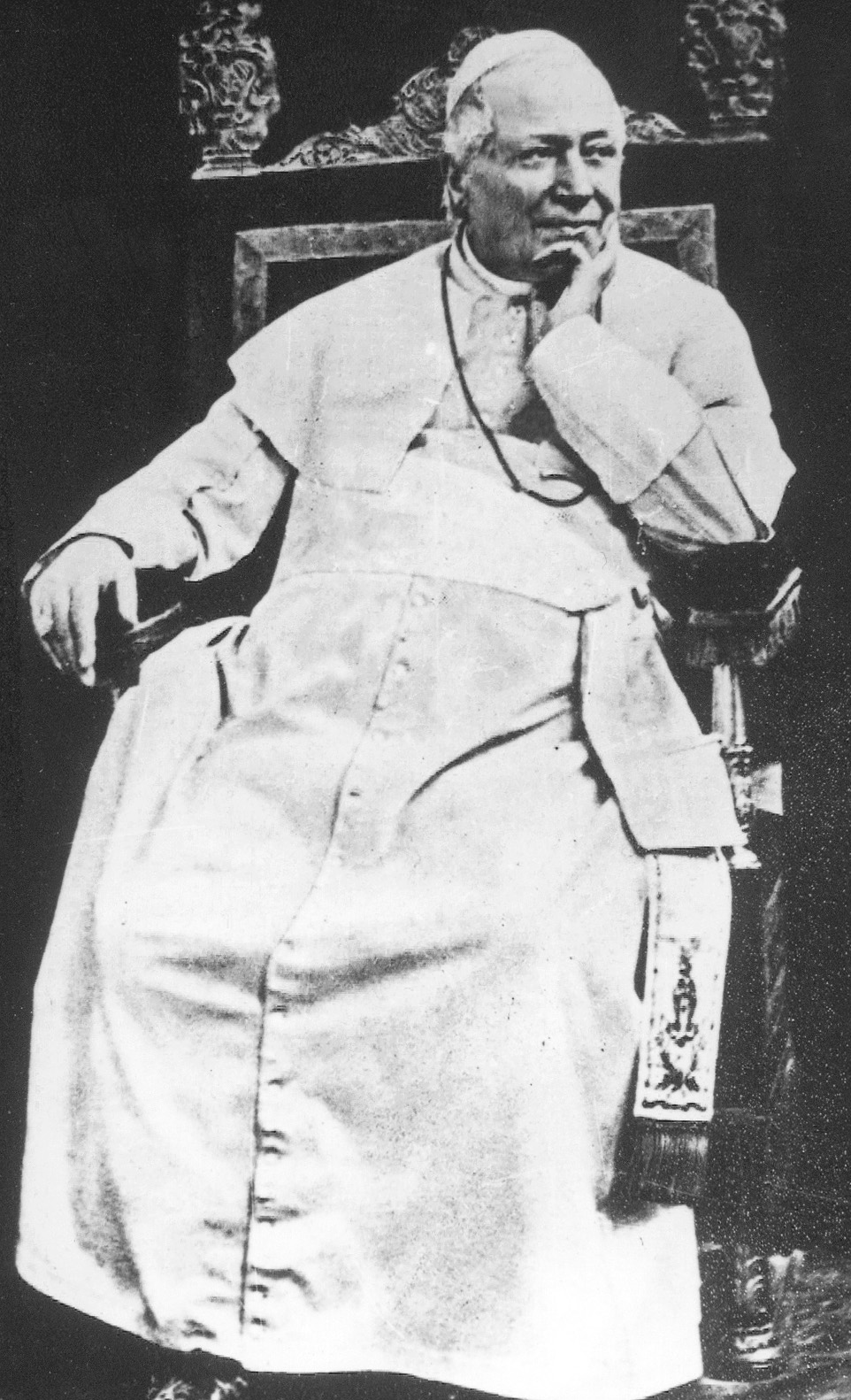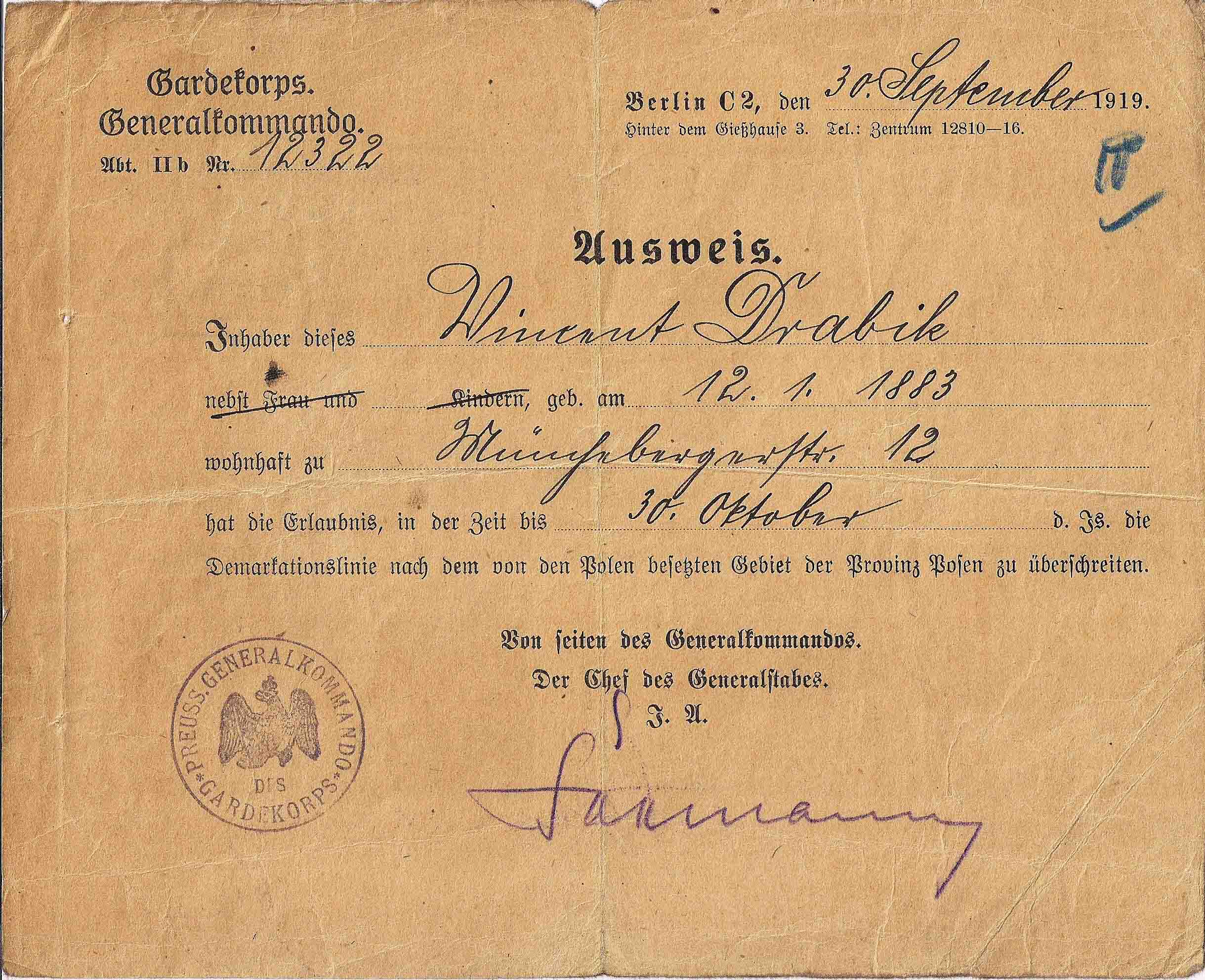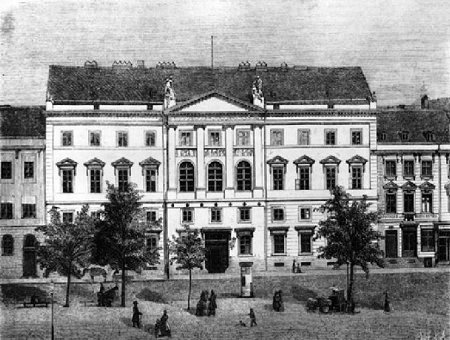|
Rudolf Von Gneist
Heinrich Rudolf Hermann Friedrich von Gneist (13 August 1816 – 22 July 1895) was a German jurist and politician. Born in Berlin, he was the son of a judge attached to the city's ''Kammergericht'' (Court of Appeal). Gneist made significant influence on his student Max Weber and also contributed to Japan's first constitution through his communication with Itō Hirobumi. Biography After receiving his secondary education at the gymnasium at Eisleben in Prussian Saxony, Gneist entered the Humboldt University of Berlin, Friedrich Wilhelm University of Berlin in 1833 as a student of jurisprudence, and became a pupil of the famous Roman law teacher Friedrich Carl von Savigny, Savigny. Proceeding to the degree of ''Juris Doctor, doctor juris'' in 1838, young Gneist immediately established himself as a ''Privatdozent'' in the faculty of law. He had, however, already chosen the judicial branch of the legal profession as a career, and having while yet a student acted as Auscultator, was ... [...More Info...] [...Related Items...] OR: [Wikipedia] [Google] [Baidu] |
Prussia
Prussia, , Old Prussian: ''Prūsa'' or ''Prūsija'' was a German state on the southeast coast of the Baltic Sea. It formed the German Empire under Prussian rule when it united the German states in 1871. It was ''de facto'' dissolved by an emergency decree transferring powers of the Prussian government to German Chancellor Franz von Papen in 1932 and ''de jure'' by an Allied decree in 1947. For centuries, the House of Hohenzollern ruled Prussia, expanding its size with the Prussian Army. Prussia, with its capital at Königsberg and then, when it became the Kingdom of Prussia in 1701, Berlin, decisively shaped the history of Germany. In 1871, Prussian Minister-President Otto von Bismarck united most German principalities into the German Empire under his leadership, although this was considered to be a "Lesser Germany" because Austria and Switzerland were not included. In November 1918, the monarchies were abolished and the nobility lost its political power during the Ger ... [...More Info...] [...Related Items...] OR: [Wikipedia] [Google] [Baidu] |
Trial By Jury
A jury trial, or trial by jury, is a legal proceeding in which a jury makes a decision or findings of fact. It is distinguished from a bench trial in which a judge or panel of judges makes all decisions. Jury trials are used in a significant share of serious criminal cases in many but not all common law judicial systems. The majority of common law jurisdictions in Asia (such as Singapore, India, Pakistan and Malaysia) have abolished jury trials on the grounds that juries are susceptible to bias. Juries or lay judges have also been incorporated into the legal systems of many civil law countries for criminal cases. Only the United States makes routine use of jury trials in a wide variety of non-criminal cases. Other common law legal jurisdictions use jury trials only in a very select class of cases that make up a tiny share of the overall civil docket (like malicious prosecution and false imprisonment suits in England and Wales), but true civil jury trials are almost entirely ... [...More Info...] [...Related Items...] OR: [Wikipedia] [Google] [Baidu] |
Albert Hänel
Albert Hänel (10 June 1833, in Leipzig – 12 May 1918, in Kiel) was a German jurist, legal historian and liberal politician. He was one of the leaders of the German Progress Party, and served as Rector of the University of Kiel. He served as a member of the Prussian Chamber of Deputies, the Reichstag of the North German Confederation and the Imperial Reichstag, and was Vice President of both the Prussian Chamber of Deputies and the Imperial Reichstag. Biography Hänel was born in Leipzig. He studied at Vienna, Leipzig, and Heidelberg. The dramatist and politician Heinrich Laube was his stepfather. In 1860 he became Professor of Jurisprudence at the University of Königsberg and in 1863 at the University of Kiel. He served as Rector of the University of Kiel during 1892–1893. One of the founders of the Liberal Party in Schleswig-Holstein after the annexation of the duchies to Prussia in 1866, he was elected to the Prussian Chamber of Deputies and the Reichstag of the North ... [...More Info...] [...Related Items...] OR: [Wikipedia] [Google] [Baidu] |
Kulturkampf
(, 'culture struggle') was the conflict that took place from 1872 to 1878 between the Catholic Church led by Pope Pius IX and the government of Prussia led by Otto von Bismarck. The main issues were clerical control of education and ecclesiastical appointments. A unique feature of , compared to other struggles between the state and the Catholic Church in other countries, was Prussia's anti-Polish component. By extension the term is sometimes used to describe any conflict between secular and religious authorities or deeply opposing values, beliefs between sizable factions within a nation, community, or other group. Background Europe and the Catholic Church Under the influence of new emerging philosophies and ideologies, such as the enlightenment, realism, positivism, materialism, nationalism, secularism, and liberalism, the role of religion in society and the relationship between society and established churches underwent profound changes in the 18th and 19th centuries. P ... [...More Info...] [...Related Items...] OR: [Wikipedia] [Google] [Baidu] |
Reichstag (German Empire)
The Reichstag () of the German Empire was Germany's lower house of parliament from 1871 to 1918. Within the governmental structure of the Reich, it represented the national and democratic element alongside the federalism of the Bundesrat and the monarchic and bureaucratic element of the executive, embodied in the Reich chancellor. Together with the Bundesrat, the Reichstag had legislative power and shared in decision-making on the Reich budget. It also had certain rights of control over the executive branch and could engage the public through its debates. The emperor had little political power, and over time the position of the Reichstag strengthened with respect to the Bundesrat. Reichstag members were elected for three year terms from 1871 to 1888 and following that for five years. It had one of the most progressive electoral laws of its time: with only a few restrictions, all men 25 and older were allowed to vote, secretly and equally. The Reichstag met throughout the First Wo ... [...More Info...] [...Related Items...] OR: [Wikipedia] [Google] [Baidu] |
North German Confederation
The North German Confederation (german: Norddeutscher Bund) was initially a German military alliance established in August 1866 under the leadership of the Kingdom of Prussia, which was transformed in the subsequent year into a confederated state (a ''de facto'' federal state) that existed from July 1867 to December 1870. A milestone of the German Unification, it was the earliest continual legal predecessor of the modern German nation-state known today as the Federal Republic of Germany. The Confederation came into existence following the Prussian victory in the Austro-Prussian War of 1866 over the lordship of two small Danish duchies (Schleswig-Holstein) resulting in the Peace of Prague, where Prussia pressured Austria and its allies into accepting the dissolution of the existing German Confederation (an association of German states under the leadership of the Austrian Empire), thus paving the way for the Lesser German version of German unification in the form of a federal ... [...More Info...] [...Related Items...] OR: [Wikipedia] [Google] [Baidu] |
Leipzig Reichsgericht Büste Rudolf Von Gneist
Leipzig ( , ; Upper Saxon: ) is the most populous city in the German state of Saxony. Leipzig's population of 605,407 inhabitants (1.1 million in the larger urban zone) as of 2021 places the city as Germany's eighth most populous, as well as the second most populous city in the area of the former East Germany after (East) Berlin. Together with Halle (Saale), the city forms the polycentric Leipzig-Halle Conurbation. Between the two cities (in Schkeuditz) lies Leipzig/Halle Airport. Leipzig is located about southwest of Berlin, in the southernmost part of the North German Plain (known as Leipzig Bay), at the confluence of the White Elster River (progression: ) and two of its tributaries: the Pleiße and the Parthe. The name of the city and those of many of its boroughs are of Slavic origin. Leipzig has been a trade city since at least the time of the Holy Roman Empire. The city sits at the intersection of the Via Regia and the Via Imperii, two important medieval trade r ... [...More Info...] [...Related Items...] OR: [Wikipedia] [Google] [Baidu] |
Constitutional Law
Constitutional law is a body of law which defines the role, powers, and structure of different entities within a State (polity), state, namely, the executive (government), executive, the parliament or legislature, and the judiciary; as well as the basic rights of citizens and, in federal countries History of the United States Constitution, such as the United States and Provinces of Canada, Canada, the relationship between the central government and state, provincial, or territorial governments. Not all nation states have codified constitutions, though all such states have a ''jus commune'', or law of the land, that may consist of a variety of imperative and consensual rules. These may include custom (law), customary law, Convention (norm), conventions, statutory law, precedent, judge-made law, or international law, international rules and norms. Constitutional law deals with the fundamental principles by which the government exercises its authority. In some instances, these princi ... [...More Info...] [...Related Items...] OR: [Wikipedia] [Google] [Baidu] |
Province Of Posen
The Province of Posen (german: Provinz Posen, pl, Prowincja Poznańska) was a province of the Kingdom of Prussia from 1848 to 1920. Posen was established in 1848 following the Greater Poland Uprising as a successor to the Grand Duchy of Posen, which in turn was annexed by Prussia in 1815 from Napoleon's Duchy of Warsaw. It became part of the German Empire in 1871. After World War I, Posen was briefly part of the Free State of Prussia within Weimar Germany, but was dissolved in 1920 when most of its territory was ceded to the Second Polish Republic by the Treaty of Versailles, and the remaining German territory was later re-organized into Posen-West Prussia in 1922. Posen (present-day Poznań, Poland) was the provincial capital. Geography The land is mostly flat, drained by two major watershed systems; the Noteć (German: ''Netze'') in the north and the Warta (''Warthe'') in the center. Ice Age glaciers left moraine deposits and the land is speckled with hundreds of "finger l ... [...More Info...] [...Related Items...] OR: [Wikipedia] [Google] [Baidu] |
Prussian Army
The Royal Prussian Army (1701–1919, german: Königlich Preußische Armee) served as the army of the Kingdom of Prussia. It became vital to the development of Brandenburg-Prussia as a European power. The Prussian Army had its roots in the core mercenary forces of Brandenburg during the Thirty Years' War of 1618–1648. Elector Frederick William developed it into a viable standing army, while King Frederick William I of Prussia dramatically increased its size and improved its doctrines. King Frederick the Great, a formidable battle commander, led the disciplined Prussian troops to victory during the 18th-century Silesian Wars and greatly increased the prestige of the Kingdom of Prussia. The army had become outdated by the beginning of the Napoleonic Wars, and France defeated Prussia in the War of the Fourth Coalition in 1806. However, under the leadership of Gerhard von Scharnhorst, Prussian reformers began modernizing the Prussian Army, which contributed greatly to the defea ... [...More Info...] [...Related Items...] OR: [Wikipedia] [Google] [Baidu] |
Left-wing Politics
Left-wing politics describes the range of Ideology#Political%20ideologies, political ideologies that support and seek to achieve social equality and egalitarianism, often in opposition to social hierarchy. Left-wing politics typically involve a concern for those in society whom its adherents perceive as disadvantaged relative to others as well as a belief that there are unjustified inequalities that need to be reduced or abolished. Left-wing politics are also associated with popular or state control of major political and economic institutions. According to emeritus professor of economics Barry Clark, left-wing supporters "claim that human development flourishes when individuals engage in cooperative, mutually respectful relations that can thrive only when excessive differences in status, power, and wealth are eliminated." Within the left–right political spectrum, ''Left'' and ''right-wing politics, Right'' were coined during the French Revolution, referring to the seat ... [...More Info...] [...Related Items...] OR: [Wikipedia] [Google] [Baidu] |
Prussian House Of Representatives
The Prussian House of Representatives (german: Preußisches Abgeordnetenhaus) was the lower chamber of the Landtag of Prussia (german: Preußischer Landtag), the parliament of Prussia from 1850 to 1918. Together with the upper house, the House of Lords (german: Preußisches Herrenhaus), it formed the Prussian bicameral legislature. The Prussian House of Representatives was established by the Prussian constitution of 5 December 1848, with members elected according to the three-class franchise. At first it was called simply the "Second Chamber," with the name "House of Representatives" (') introduced in 1855. Franchise From 1849, the election of representatives within the Kingdom of Prussia was performed according to the three-class franchise system. The election was indirect. In the primary election, those with the right to vote went to the ballot and, in three separate classes, chose electors, who, in turn, chose the representatives for their constituency. Several attempts to r ... [...More Info...] [...Related Items...] OR: [Wikipedia] [Google] [Baidu] |







